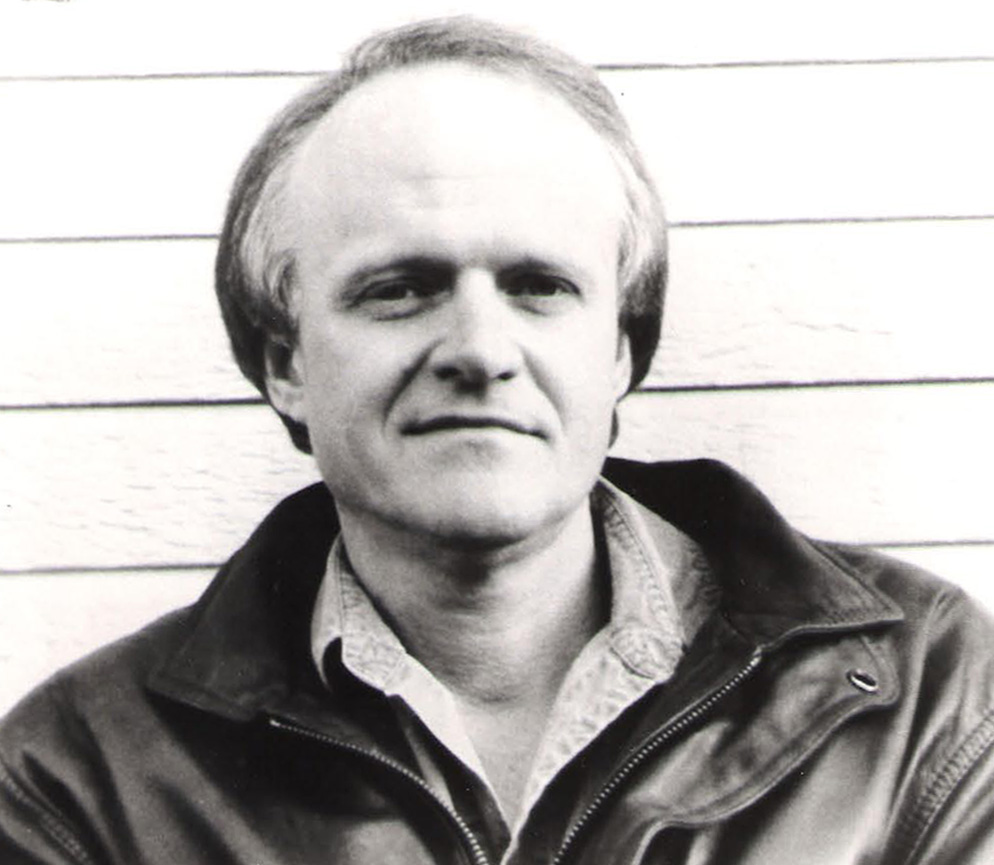 This Goodly Land
This Goodly Land
Dennis Covington (October 30, 1948–present)

Alabama Connections
- Birmingham, Jefferson County: birthplace, childhood residence, adult residence
- Boaz, Marshall County: taught at Snead State Community College
- Sand Mountain, DeKalb County: research for Salvation on Sand Mountain
Selected Works
- Covington, Dennis. Lizard. New York: Delacorte Press, 1991. For younger readers.
- Covington, Dennis. Lasso the Moon. New York: Delacorte Press, 1995. For younger readers.
- Covington, Dennis. Salvation on Sand Mountain: Snake Handling and Salvation in Southern Appalachia. Reading, Mass.: Addison-Wesley, 1995.
- Covington, Dennis, and Vicki Covington. Cleaving: The Story of a Marriage. New York: North Point Press, 1999.
- Covington, Dennis. Redneck Rivieria: Armadillos, Outlaws, and the Demise of an American Dream. New York: Counterpoint, 2004.
Literary Awards
- Winner of Delacorte Press Contest for a First Young Adult Novel, Delacorte Press, 1990, for Lizard
- Alabama Author Award, Alabama Library Association, 1994, for Lizard
- Rea Non-Fiction Prize, Boston Book Review, 1996, for Salvation on Sand Mountain
Biographical Information
Dennis Covington was born and raised in Birmingham, Ala. In his teens, he began struggling with depression and substance abuse problems. Covington attended the University of Virginia, where he studied fiction writing and earned a BA degree. After graduation, he served in the US Army and was stationed at Fort Polk, La., working as a court reporter for a legal unit. After his discharge, Covington enrolled in the University of Iowa Writer’s Workshop, earning an MFA in the early 1970s. While there, he wrote short stories and started working on a novel. Upon his return to Birmingham, he taught college English courses and acted in plays at the Birmingham Festival Theatre. In 1976, he separated from his first wife and went to Wooster, Ohio, to teach at the College of Wooster. He married his second wife, Vicki, in 1977. The couple returned to Birmingham the following year, and he began teaching at the University of Alabama at Birmingham.
In 1983, Dennis Covington went to El Salvador as a war correspondent, making twelve trips there over a period of six years. Lizard, the novel he had begun at the Writer’s Workshop, was published in 1991. In the early 1990s, Covington wrote articles for The New York Times as a special correspondent. One of these articles caused him to become interested in the Pentecostal Christian practice of snake-handling. His book on the subject, Salvation on Sand Mountain, was published in 1995. Covington has also published a second novel and two more nonfiction books, one of them, co-written with Vicki, about their marriage. In 2004, he left the University of Alabama at Birmingham to become Professor of Creative Writing at Texas Tech University, in Lubbock.
Interests and Themes
Dennis Covington writes novels for young adults and autobiographical nonfiction.
For More Information
Please check your local library for these materials. If items are not available locally, your librarian can help you borrow them through the InterLibrary Loan program. Your librarian can also help you find other information about this author.
There may be more information available through the databases in the Alabama Virtual Library. If you are an Alabama citizen, AVL can be used at your public library or school library media center. You can also get a username and password from your librarian to use AVL at home.
Reference Book Chapters and Encyclopedia Entries
- "Covington, Dennis"; Something About the Author. Vol. 109. Detroit: Gale Group, . 59-61. For younger readers.
- Caton, Bill. "Dennis and Vicki Covington: Family Life"; Fighting Words: Words on Writing from 21 of the Heart of Dixie's Best Contemporary Authors. Montgomery: Black Belt Press, . 90-99.
Photo courtesy of the Caroline Marshall Draughon Center for the Arts & Humanities in the College of Liberal Arts, Auburn University.
Last updated on May 30, 2008.